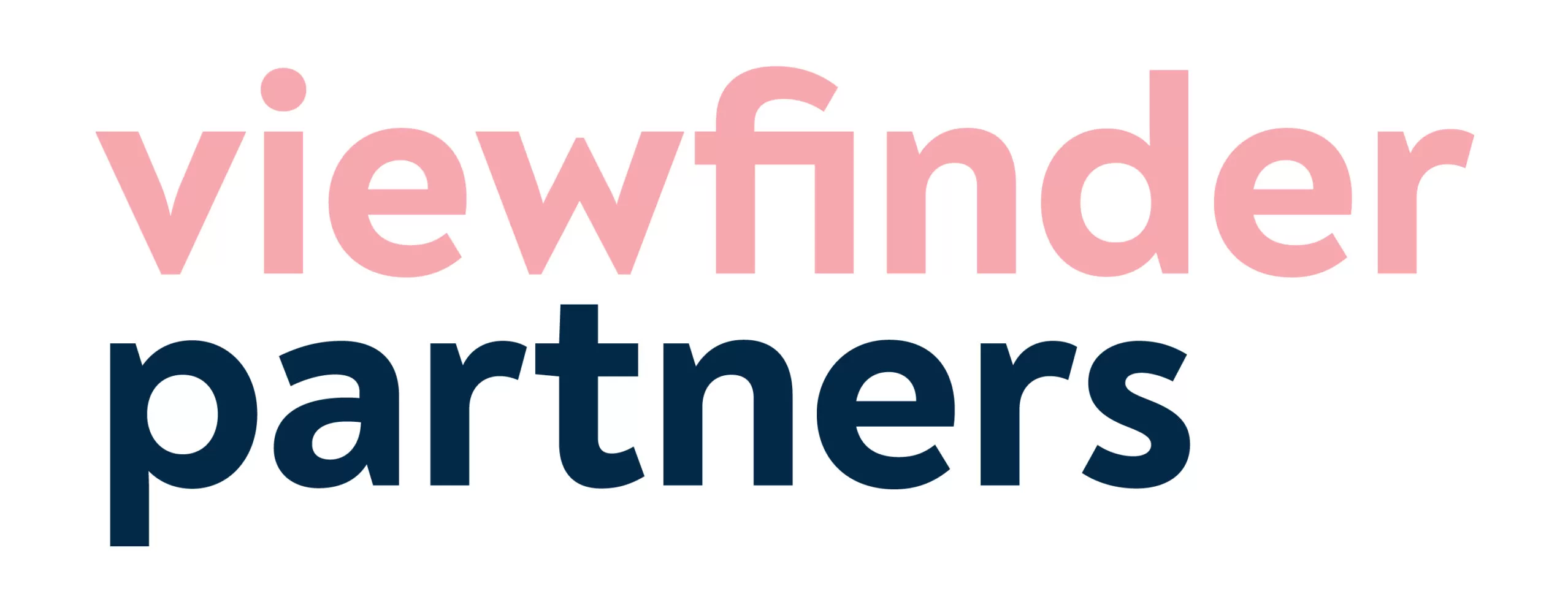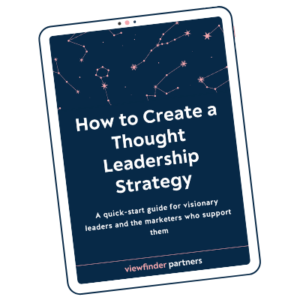This has been a heavy week. We’re a nation in mourning, a nation divided, and a nation that’s frustrated. So many people are justifiably exhausted from having to speak up and protest for basic rights.
I usually write here every other Friday, but this week I wasn’t sure if it felt appropriate to send my usual note.
I am a recipient of oceans of privilege. So what do I do with that privilege? What is my responsibility? And what does any of it have to do with B2B thought leadership?
I’ve thought about it a lot this week, and I think the answer to that last question is “everything.”
I watched a video from business coach Rachel Rodgers that really shook up my thinking about this. Her message: White people’s tempered responses are part of the problem. We need unequivocal. Being anti-racist should feel uncomfortable. If you don’t feel uncomfortable, you’re not doing enough.
And here’s the big one that stuck with me: Being anti-racist means taking risks. Risking yourself and yes, your business. For years, white people haven’t been willing to risk anything. That’s why we see so many generic messages of corporate support. But if you really want to drive change and be a part of a real solution, you have to start taking risks.
This week has made me think about the days after the 2016 election, when I felt gutted and angry and afraid about a Trump presidency and who would be hurt by his power. That context affected everything I did, including my work. It was a part of every conversation I had. But when I tried to talk to white male colleagues about it, a lot of them brushed it off.
This is what I heard: “But my buddies on Wall Street aren’t worried — they’re excited. This is going to be great for the stock market.” (!!!!)
And: “I agree with you, but I can’t believe I see so many people posting about politics on social media. You don’t mix business and politics. It’s going to ruin their reputations!”
The time for private shock, but public business-as-usual, is over. It was always a privilege to be able to take that route.
So here’s my call to all of us — to thought leaders, business leaders, and people who help craft corporate communication: Everything we do at work, everything our companies and our leaders say, matters. If you have a position of influence and power and privilege, ask yourself how you can use it right now.
A few weeks ago, I outlined three thought leadership personalities to consider. You could be a “beacon” who shares your decision-making process as a model for others, or a “curator” who highlights and organizes the best ideas and resources, or a “challenger” who offers new perspectives.
How could you use your voice right now?
-
A beacon shares their thought process openly to help others. A beacon doesn’t shy away from sharing scary decisions or vulnerable moments. They confess when they’ve messed up. They do the work of becoming more anti-racist in public, knowing that any public thinking is going to invite criticism. But they don’t get hung up on their own hurt feelings or guilt or embarrassment. They keep trying to be better. They show their work.
-
A curator gathers resources their audience should know about. A curator amplifies voices that aren’t heard loudly enough and digs deep to find new voices. They share the resources that have helped them change their thinking and drive their own action.
-
A challenger starts new conversations and injects new ideas. If you already identify as a challenger, there are a lot of business circles that need their norms and dominant thinking about race and injustice to be challenged. And, if you’re willing to be a trailblazer and an instigator about business strategy and industry norms, but not about race and injustice, examine why.
I’ll leave you with one more charge that helped me think differently this week: Mr. Rogers told us to “Look for the helpers.” That’s nice, but that message was for children. To adults, he said: “Be the helper.”
How can we be the helpers and use our voices to create real change? How can we be, as Mr. Rogers would say, good neighbors? We can speak up. We can be better listeners. We can watch out for each other. And we can start taking risks for each other.



![what is a thought leader [paint palette image]](https://viewfinderpartners.com/wp-content/uploads/2019/11/im-not-a-thought-leader-1-300x200.jpg)



